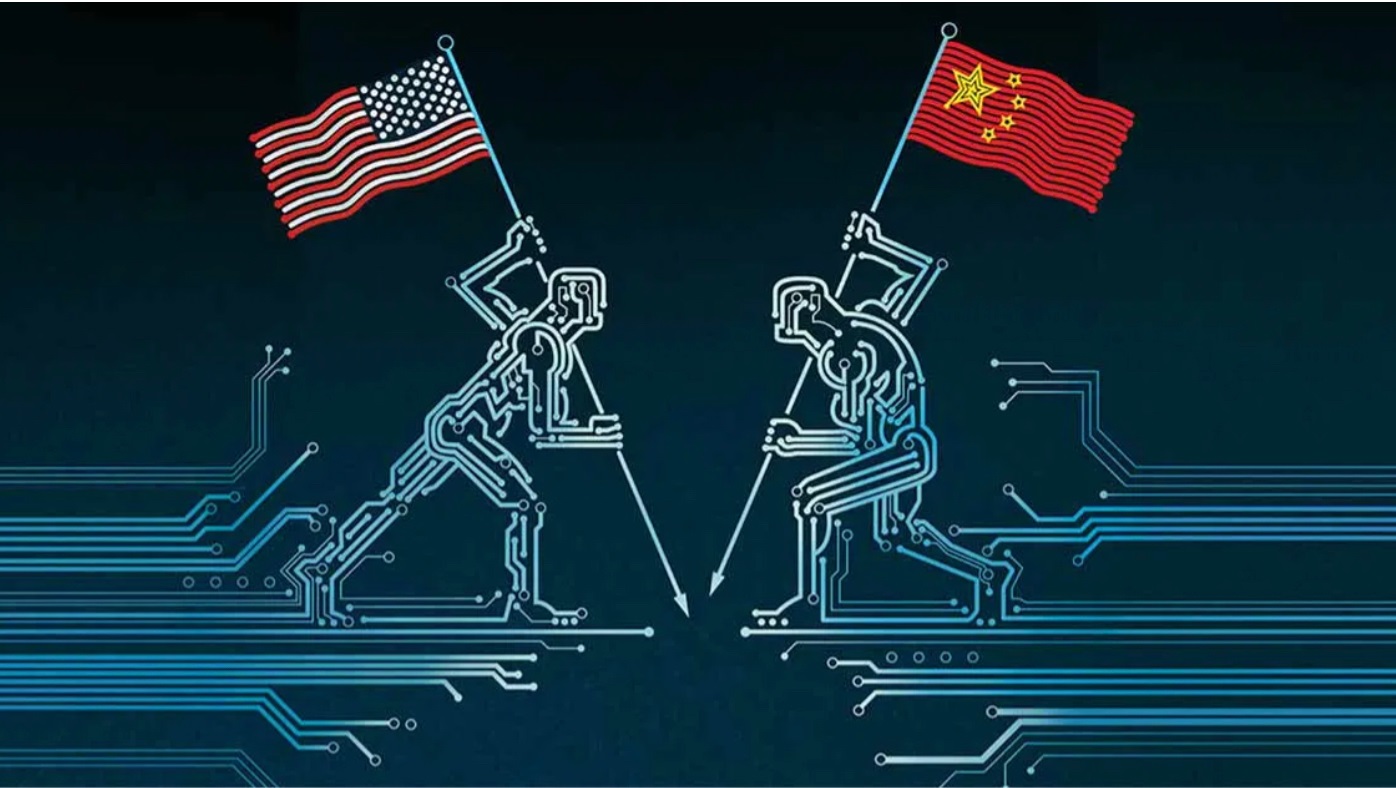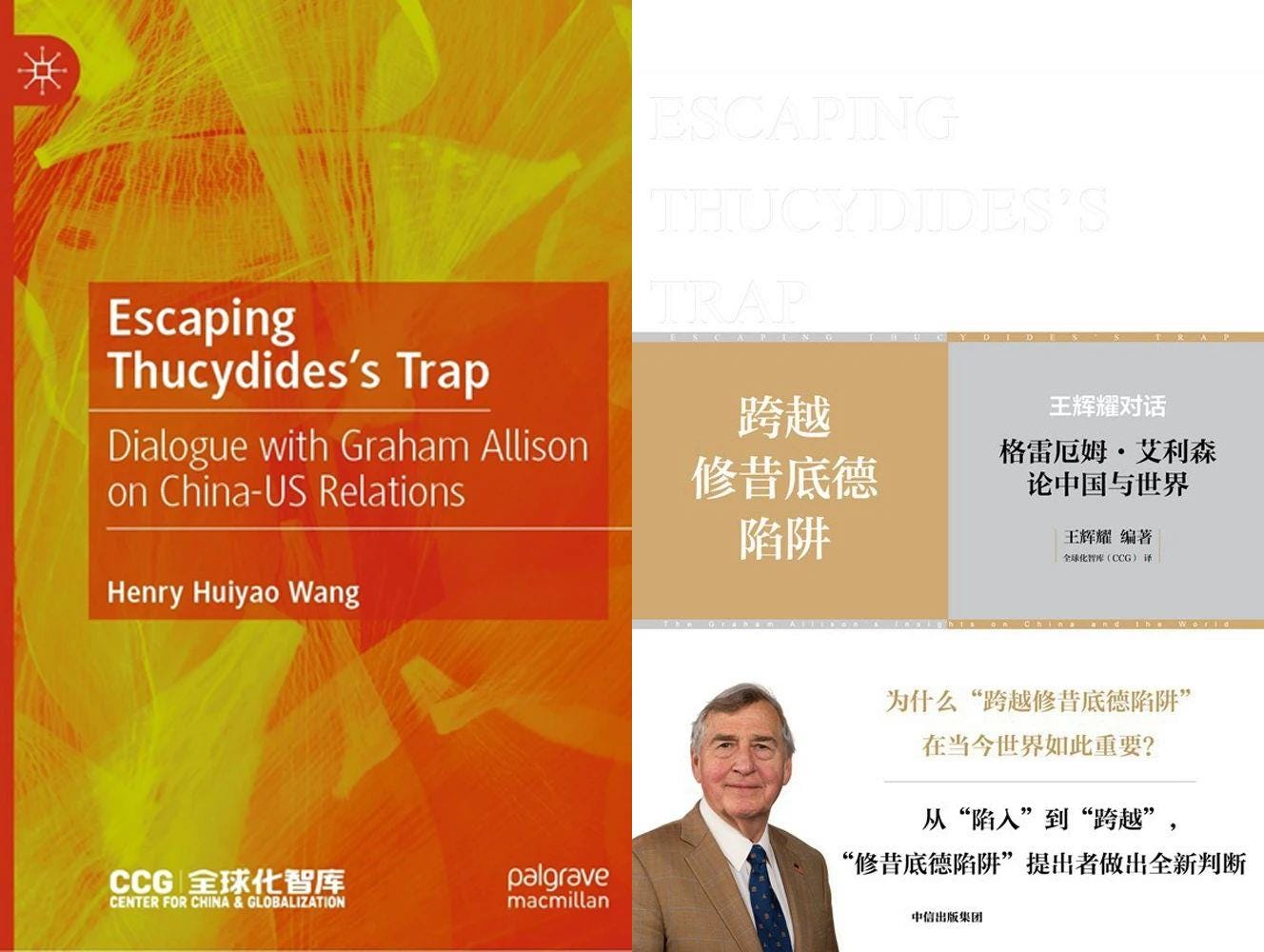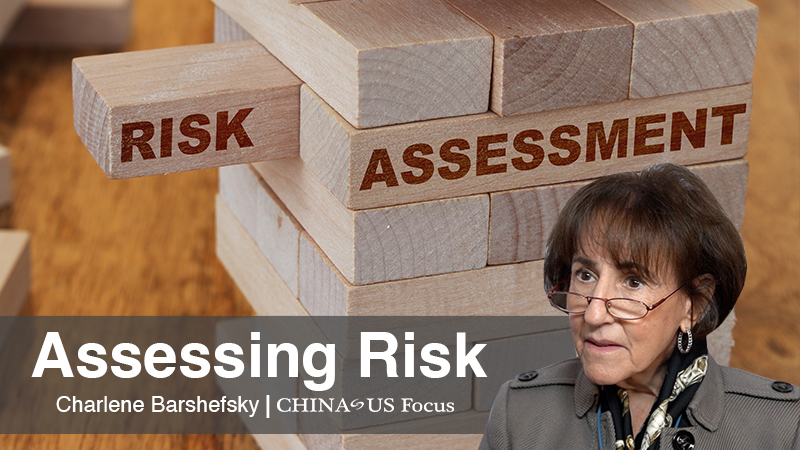
Ted Galen Carpenter, Senior Fellow, Randolph Bourne Institute
Nov 08, 2024
It’s likely that Washington’s sterile China policy will persist regardless of which candidate wins the U.S. presidential elections, a situation that could be detrimental for the entire global community.

Ghulam Ali, Deputy Director, Hong Kong Research Center for Asian Studies
May 08, 2024
The US-China rivalry is the most dominant aspect of 21st-century geopolitics, significantly impacting the world. It has expanded across various fields and geographies. The Gulf region, which was mainly absorbing the geopolitical heat of this rivalry, has also witnessed it in the technological sphere, especially artificial intelligence (AI). Two larger projects, G42 in the UAE and the King Abdullah University of Science and Technology (KAUST) in Saudi Arabia, are particularly notable.
Zhang Yun, Professor, School of International Relations, Nanjing University
Apr 30, 2024
Talking, even through hard times, is not only necessary but also meaningful, because the audience is wider than just the two participants. People are listening at the bilateral, regional and global levels.
Li Yan, Director of President's Office, China Institutes of Contemporary International Relations
Apr 25, 2024
The U.S. view of competition with China seems to boil down to different notions of what makes a good system of governance. In truth, however, the competition turns on fundamental national interests. By emphasizing ideology, the United States masks its pursuit of immediate interests and long-term dominance.

Wen Ying, Beijing-based commentator on international affairs
Apr 17, 2024
The story of Wu and Yue presents the Eastern idea of partnerships — “You are in me, and I am in you” is the way Chinese President Xi Jinping put it. Differences between China and America should not impede collaborative efforts for the common good.
Chen Jimin, Guest Researcher, Center for Peace and Development Studies, China Association for International Friendly Contact
Mar 25, 2024
The United States and China have opened communication channels in many touchy areas. But they have yet to do so in the field of technology competition, which has risen to a level of sensitivity on par with Taiwan and the South China Sea. It is urgent for the two nations to create such a mechanism now.

Charlene Barshefsky, 12th United States Trade Representative
Jan 25, 2024
Charlene Barshefsky, a former top U.S. official, discusses in the interview with China-US Focus the lengthy negotiation process for China's entry into the WTO and its lasting impacts on China's economy, global integration, and U.S.-China relations, despite current challenges in trade norms and geopolitical shifts. She also emphasizes the significance of international businesses having a presence in China and the considerations they need to evaluate when determining whether to expand to the Chinese market.

Charlotte Yuan, Bryn Mawr College student
Dec 01, 2023
East Asia is increasingly aligning with the U.S. to curb China's semiconductor ambitions, driven by the US's indispensable role in chip design and concerns about China's credibility as a business partner, giving the U.S. an advantage in the ongoing tech competition with China.
Stephen Roach, Senior Fellow, Yale University
Nov 03, 2023
All eyes are on the upcoming leaders’ meeting of the Asia-Pacific Economic Cooperation (APEC), to be held in San Francisco from November 11-17. And with good reason: there is a distinct possibility that US President Joe Biden and Chinese President Xi Jinping will meet on the sidelines of this pan-regional gathering, exactly one year after their last summit in Bali on the eve of the annual G20 summit.

David Shambaugh, Gaston Sigur Professor and Director of China Policy Program at George Washington University, Distinguished Visiting Fellow at Hoover Institution of Stanford University
Nov 03, 2023
China’s Foreign Minister paid an official two-day visit to Washington last week, laying the groundwork for an anticipated meeting between Presidents Joe Biden and Xi Jinping in November. The two sides had a “constructive” and detailed set of discussions on specific issues, but the most important outcome may be that a normal diplomatic interaction took place after a long hiatus and substantial acrimony in the bilateral relationship.